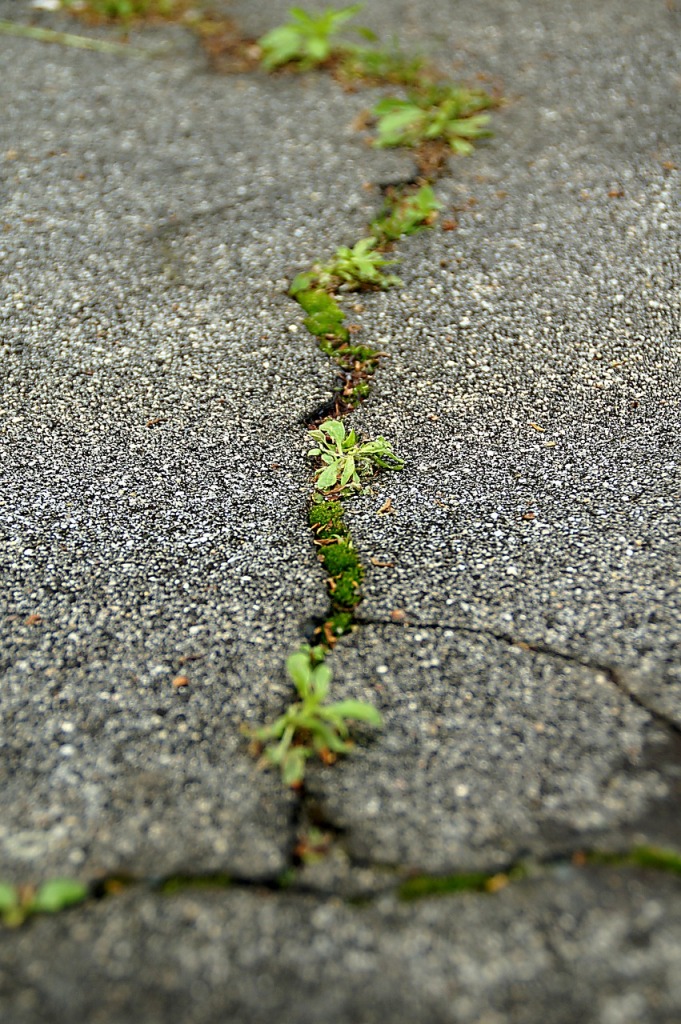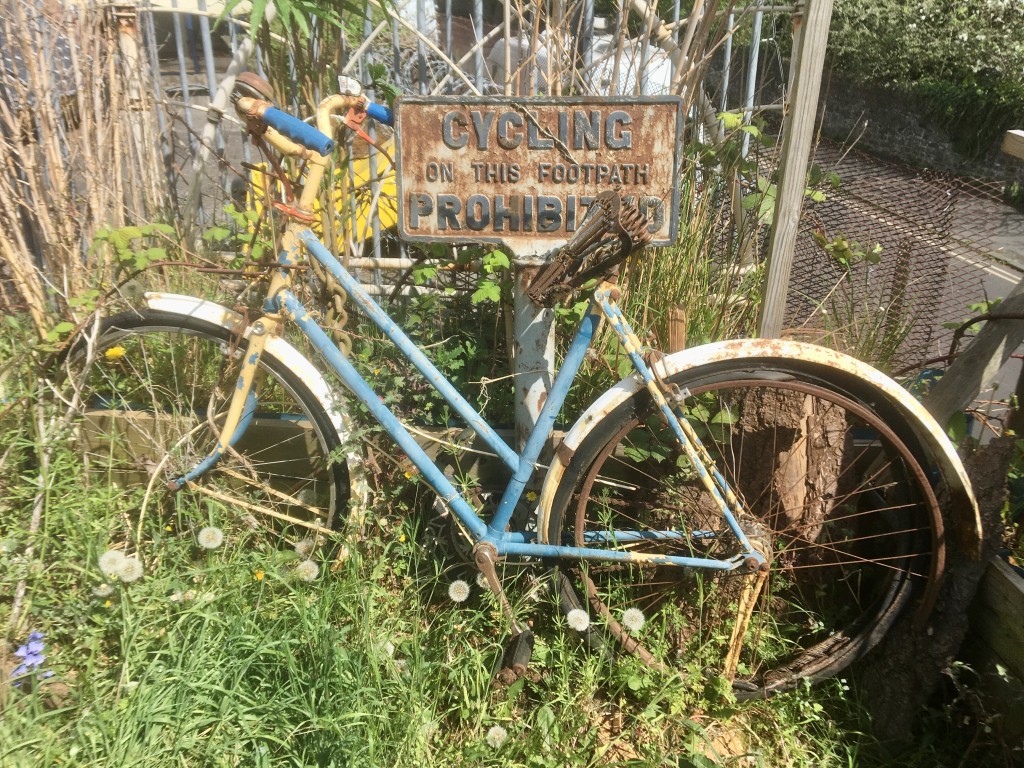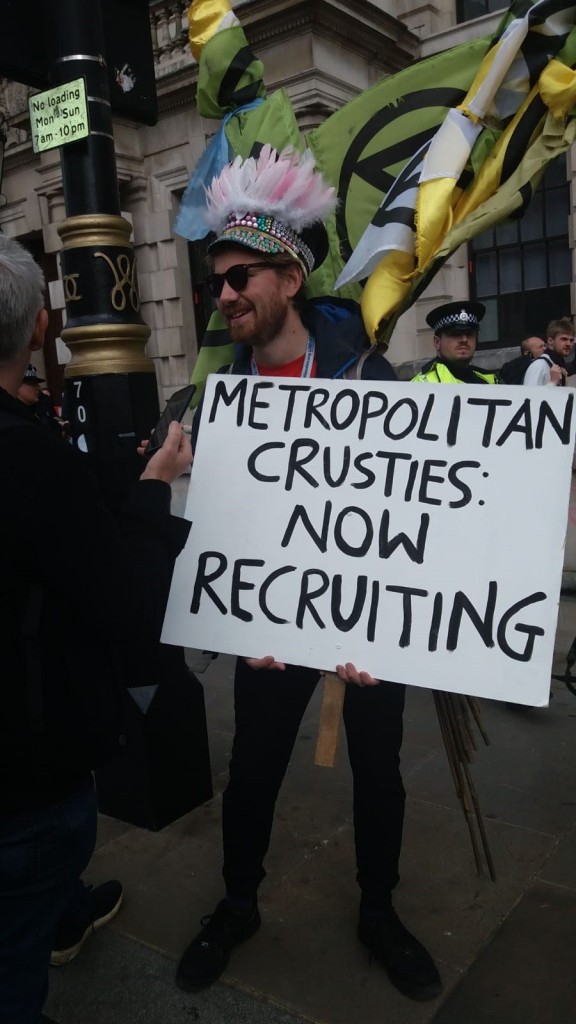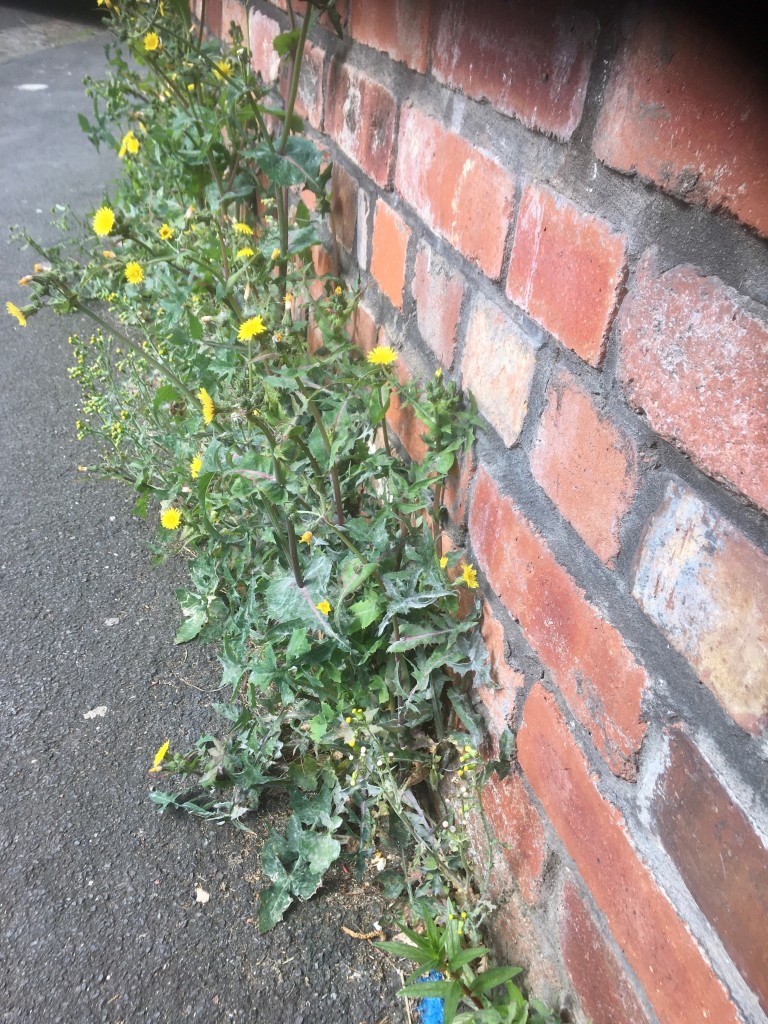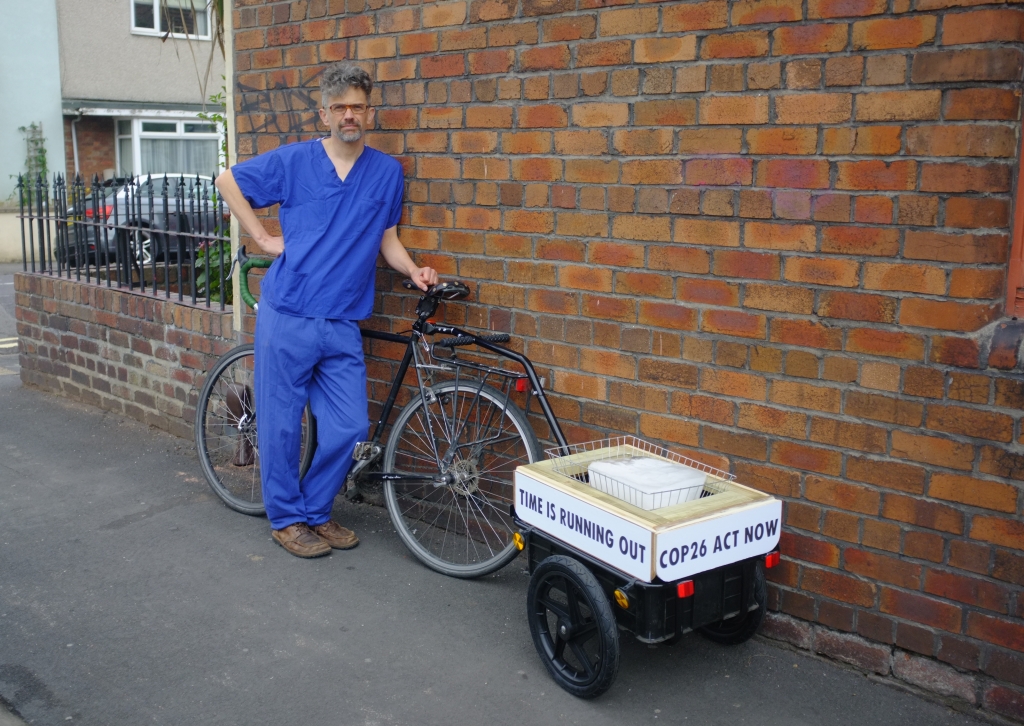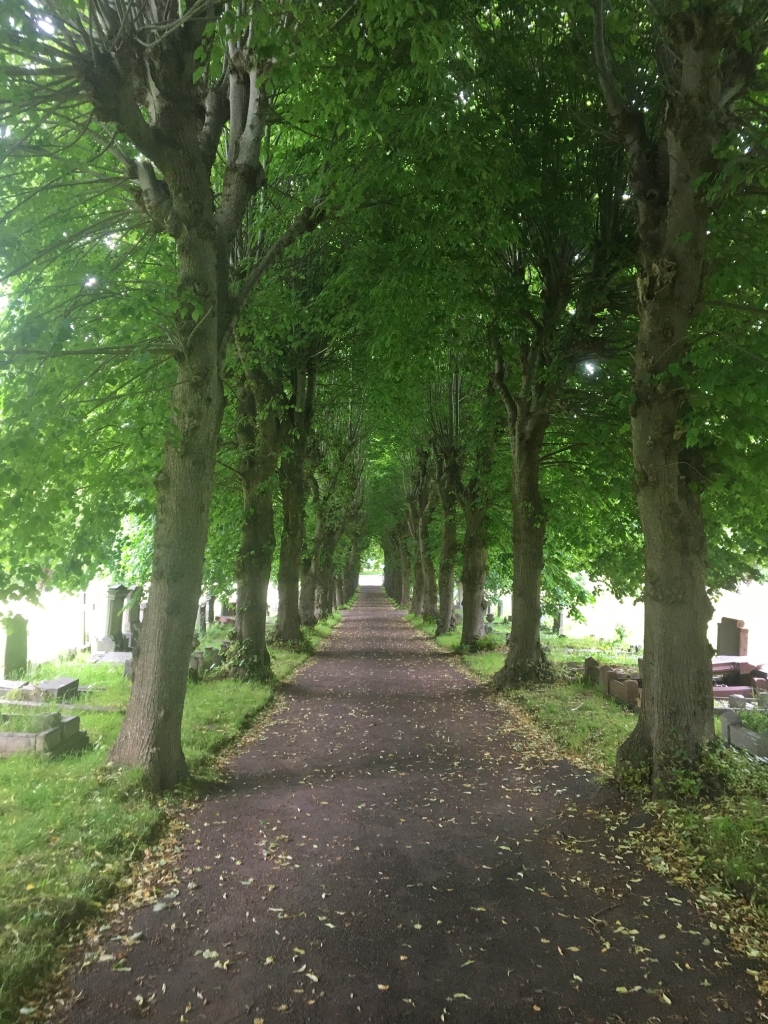
In this series of blog posts I have been investigating how accusations of hypocrisy are deployed by combatants on both sides of the climate debate – a firefight that is less about whether something should be done and more about when something should be done and by who. Do we close down the coal mines today or tomorrow? Do we put the dishwasher on an eco-cycle or revamp the entire transport network?
Those that argue something needs to be done right now, the “nowists” if you like, have taken to the streets to make their voice heard, attempting to expose the hypocrisy of institutional bodies who say, alternatively, that this can all happen in good time, the “good timers” if you will. The good timers, for their part, attempt to expose the hypocrisy of the nowists, as judging one and all, whilst not acting on any of these changes themselves.
But both groups, in their very accusations of hypocrisy, point to a common ground, the basic moral principles a society should abide by. When those principles became clear eg during the second world war, with one nation united against a common foe, accusations of hypocrisy disappeared. It is only now, during a peacetime of ‘culture wars’, with our plural identities, that hypocrisy feels rife. When in fact beneath the surface these same moral certainties remain.
In the bish-bash-bosh of social media we might be forgiven for thinking there are no better or worse hypocrisies only entrenched positions of mutual distrust. But is this really the case? In previous posts I’ve talked about personal and insitutional double standards; the difference between an individual discrepancy, eg driving a car to a climate protest, and a government double speak, eg opening new coal mines after signing up to a climate agreement.
But there is another way of looking at hypocrisy – narrow and broad[i]. In narrow, an individual expresses an expedient opinion, perhaps to gain votes or followers, whilst acting in an entirely different way for self-interest. In the broad sense, there are things we all fall short on, eg taking our children to school in a car whilst being worried about climate breakdown. Narrow hypocrisy seems far less morally palatable than this broad kind.
Those at the forefront of activism eg civil rights activists or climate protestors, cannot help but be hypocrites in the broad, day to day, sense. They cannot make change happen without falling short of their own high standards in a society that has yet to accept that change.
This is not to say that all activists should get a free pass but on the other hand calling all climate activists hypocrites isn’t enough. We need to think carefully about what kind of hypocrites they are and where their motivations begin and end.
As I write Rishi Sunak, the UK Government Treasurer, is charging oil companies a windfall tax in the energy crisis whilst at the same time giving tax breaks to those same companies for investing in oil exploration. The moral equation, on the surface, reads as: we the government,are helping you the people, now. But Rishi Sunak’s “nowism” turns out to be an inverted “Maoism” of considerable distortions. Those most vulnerable to the effects of climate change, the poor and marginalised, are having their futures diminished by fossil fuel excavation. This isn’t sturdy conservative pragmatism, it isn’t a “just transition to a carbon free economy”, it is duplicitous hypocrisy of the narrowest kind, which benefits those with the least to lose, affluent oil companies and elite politicians.
Am I guilty of creating my own Faultline here? Of setting up yet another antagonism? I don’t think so. If we analyse hypocrisy closely enough, we can all see, regardless of our political affiliation, a basic sense of right or wrong, a clear demarcation of decency or duplicity. In the second world war this was self-evident. In the Ukraine crisis our shared moral and ethical codes are rapidly developing. In the climate wars our shared ethical framework is proving slower to coalesce but the sooner we can gather around this common cause, the sooner we can find a way out of the maze of hypocrisy, and onto a more sensible conversation about what we need to do and when.
[i] Hypocrisy: Ethical Investigations by Bela Szabados and Eldon Soifer

